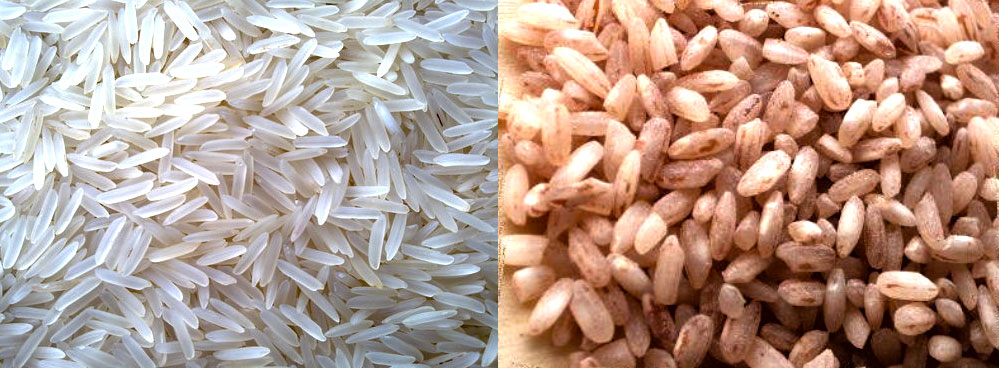Some musings on meal times

One of the central tenets of eating in traditional medicine, is that we probably eat too much. According to an ancient Chinese legend, when the people of earth were starving the Emperor of Heaven gazed down upon them with compassion, and called the Ox god to him. “The people are starving,” the Emperor said, “but if they work hard they could produce enough food to eat once every three days. Please fly down to earth and tell them this message.” The Ox god did as he was told, and on his way flying down from Heaven, began to recount what the Emperor had told him. “Oh my, what did he say again?” the Ox god asked himself. “If the people work hard, they can eat… hmm… three times…? Yes, that’s it! They can eat three times a day!”
When the Ox god arrived on earth, he called all the people to him, and told them that the Emperor of Heaven said that if they work hard they can produce enough food to eat three times a day. The starving people were overjoyed with the news, and the Ox god feeling happy and satisfied, flew back to Heaven. When he arrived, however, the Emperor was furious. “Why did you tell the people to eat three times a day?” the Emperor glared at the Ox god. “That is more food than they can produce by themselves!” So as punishment for his grievous error, the Emperor sent the Ox god back down to earth, and compelled him to become a plough animal, to till the soil so the people could plant enough food to eat three times daily.

In Ayurveda too we also find a similar idea, that it is better to eat less food, less frequently, suggesting that if we are otherwise healthy, we should only need to eat twice daily. This is also reflective of the dietary pattern of pre-agrarian peoples, including the First Nations and other indigenous peoples that traditionally subsisted on hunting and gathering, observing a morning and late afternoon meal. And despite the oft-repeated recommendation by modern nutritionists, to eat 5-6 small meals a day, the science demonstrates exactly the opposite, suggesting that eating less food, less frequently appears to enhance longevity. This research has sparked a lot of interest in the subject of intermittent fasting.
While I continue to view the calorie-model of nutrition as overtly simplistic, there are some basic principles of physics at work here. The notion that acquiring food energy in excess of our metabolic need for it – whether its a protein, fat or carbohydrate – will cause metabolic problems such as obesity and diabetes isn’t at issue here. But what are we to make of a recently published study, widely reported in the media, suggesting that meat consumption is specifically at play?
According to the paper originally published by JAMA, researchers found that a “high animal protein intake was positively associated with mortality and high plant protein intake was inversely associated with mortality”. In the conclusion of the paper, the researchers suggested that by substituting plant protein for animal protein we could lower the overall risk of mortality. The problem with this study, however, is that the conclusions aren’t supported by the data. First off, this is an epidemiological study, utilizing nothing more than a questionnaire to find broad associations between factors such as diet and lifestyle. While the authors should know better than to make such claims, it’s very clear that the science-naive journalists who report on these studies have never learned that association does not equal causation. I have addressed this issue elsewhere, for example, when I examined the issue of bacon consumption being linked to cancer:
In the present study, the link between meat consumption and disease risk probably has less to do with diet than with health consciousness generally. For example, people that consciously eat more vegetables are more likely to be health aware over all, drinking less alcohol, not smoking, and taking care to get regular exercise. In fact, when these variables are taken into account, the paper in JAMA suggests as much, stating that “these associations were confined to participants with at least 1 unhealthy lifestyle factor based on smoking, heavy alcohol intake, overweight or obesity, and physical inactivity, but not evident among those without any of these risk factors.” This is apart from the fact that the purported risk from consuming a 10% increase in animal protein intake is linked to a 2% increase in overall mortality, which is by any measure, statistically insignificant.
Unlike the specious conclusions of this kind of armchair research so widely reported in the media, when researchers actually roll up their sleeves and conduct clinical research, the results they report are consistently contradictory. This type of research, which is the gold standard when it comes to scientific validation, demonstrates that diets rich in animal products confers a metabolic advantage over the alternatives, decreasing the risk of obesity, diabetes, cardiovascular disease, and dementia, consistently out-performing high carbohydrate diets. This evidence is further bolstered by a huge body of frequently ignored evidence demonstrating a clear link between metabolic issues such as obesity, and excess sugar/carbohydrate consumption. This correlation between carbohydrates and metabolic issues is so powerful that even following a healthy lifestyle pattern, such as regular exercise, isn’t sufficient to ameliorate its effects. Thus if you want to dramatically reduce your risk factors for disease, reduce the amount sugar and simple carbohydrates in your diet – and don’t worry about the animal products.
I began this piece today by talking about meal time frequency, relating the Chinese legend of Ox god messing up the instructions given to him by the Emperor of Heaven. So please don’t think that while I advocate for continuing to include animal produce in the diet, as humanity has for millions of years, that I am talking about over-eating. In fact, the way I get people to eat LESS in their diet, is by eating MORE fat and protein in the morning for breakfast, eating very little or nothing during the day, and enjoying a lighter, carbohydrate-rich meal for supper. As the saying goes, “breakfast like a king, dine like a pauper.” I discuss this dietary pattern in greater detail in an earlier blog on breakfast, and it remains one of the most important recommendations I can make to improve both physical and mental health.
By the way, there’s also no reason why this same approach can’t be undertaken in a vegetarian diet. I have had several patients over the years for whom this was a dietary restriction. As long as they were comfortable eating dairy and/or eggs, it is something I can work it. There’s also precedent for the practice of a low-carbohydrate breakfast in India, unlike the sweet foods that most eat today. For example, drinking large amounts of dahi (fresh liquid yogurt) was a traditional breakfast food eaten in the Punjab. Likewise in the south of India, a fermented steamed rice cake, traditionally made partially milled rice and urad dal, was eaten with a spicy vegetable lentil soup and generous mounds of fat-rich coconut chutney. Eating this way is also more appropriate in warmer climates, and during warm seasons, where animal foods aren’t required to the same degree to maintain the natural heat of the body.







